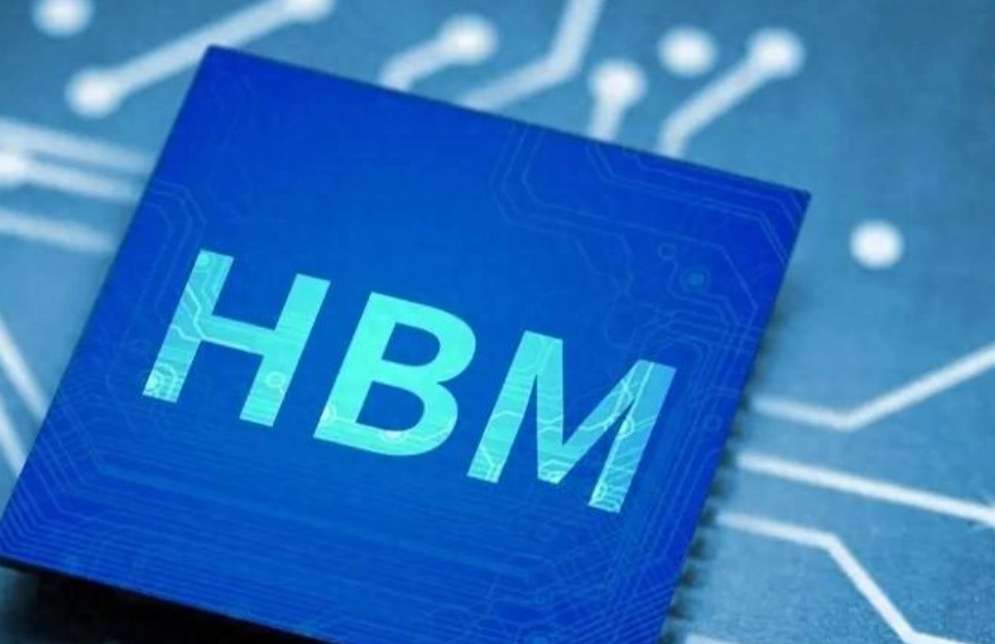SK Hynix Sees Plummeting HBM Exports
Advertisements
In recent months, the semiconductor industry has witnessed significant shifts, particularly concerning High Bandwidth Memory (HBM) products. A notable player in this arena, SK Hynix, has faced declining trends in the demand for its HBM, projecting that their shipments in the first quarter of 2024 may drop by over 10% compared to the fourth quarter of 2023. This decline comes at a time when the global economy is recovering, creating a juxtaposition against the backdrop of increased competition. The market for Multi-Chip Packages (MCPs) is seeing rapid growth, driven by both HBM and mobile device components, reflecting the dynamic nature of semiconductor demand.
The South Korean data platform KED Aicel reported that SK Hynix's exports from its factories in Icheon and Cheongju reached $1.29 billion in January, showcasing a staggering year-on-year growth of 105.7%. However, on a month-to-month basis, this figure marked a substantial decline of 29.8%, indicating a potential volatility in the semiconductor market that was not as pronounced in previous years. In fact, after adjusting for working days, January's figures dipped by 19.3% compared to December, marking the largest month-to-month decline since the company launched its 12-layer HBM3 chip in April 2023.
This downward trend raises concerns about the stability of demand for advanced HBM chips, which had previously enjoyed robust interest due to their crucial role in powering artificial intelligence (AI) applications, especially in graphics processing units (GPUs). These chips are often packaged by TSMC and shipped to key clients such as Nvidia. An executive from the semiconductor sector commented on this situation, asserting that the significant drop in MCP exports signals a fresh, unprecedented impact on AI chip demand.

Analysts foresee the HBM market becoming increasingly sensitive to prevailing trends in upcoming quarters. According to research from iM Securities, even the HBM sector is entering a "cold winter," suggesting a broader slowdown in the semiconductor market. In particular, SK Hynix’s shipments of DRAM and NAND chips are forecasted to decline by 12% and 18%, respectively, reflecting a worrying trend within the industry.
Insightfully, Shinyoung Securities' analyst Park Sang-wook noted that while global HBM demand may decrease compared to last year, the first quarter of 2024 is expected to see reduced HBM demand relative to the previous quarter, partly due to the U.S. tightening its trade restrictions with China. This could further influence how and where companies choose to allocate their resources and investments in the coming months.
Adding to these woes, Samsung Electronics, another South Korean giant, reported a staggering 62.3% month-to-month decline in MCP exports from its factories in Pyeongtaek, Yongin, Suwon, and other locations. The overall interest in HBM seems to be waning concurrently, evidenced by a drop in search queries on platforms such as Google, where searches related to HBM peaked in November 2023, only to experience fluctuations since that time.
In November, HBM-related searches were nearly twice as high as those in April of the same year, suggesting the peak interest may be dissipating as the market conditions evolve. Interestingly, one of the keywords frequently searched alongside HBM was "SK Hynix," indicating investor curiosity about the company amidst the prevailing uncertainties.
Hankyung Aicel's data analyst Park I-kyung emphasized that the fluctuations in Google Trends could serve as powerful indicators of consumer interest and market changes. The instability recently witnessed in HBM-related searches could indicate a shifting landscape for demand in the sector.
As the semiconductor landscape continues to change, SK Hynix and Samsung Electronics are now challenged to reevaluate their strategies concerning HBM. The rise of Chinese AI startup DeepSeek illustrates a growing capability to deliver high-performance AI technologies at lower costs, compelling these giants to rethink their approach. SK Hynix and Samsung have long been reliant on supplying HBM to major players in the AI sector like Nvidia. However, DeepSeek's breakthroughs in AI service performance on lower-spec chips could disrupt the established paradigms built around high-end GPUs.
This new competitive landscape presents short-term challenges for SK Hynix and Samsung as diminishing demand for high-end GPUs may adversely affect HBM sales. However, analysts suggest this could also serve as an opportunity for these companies to diversify their customer bases and reduce their dependence on Nvidia.
The emergence of DeepSeek signifies a paradigm shift in capital-intensive AI technology, encouraging a more diversified ecosystem. “The appearance of DeepSeek suggests that startups can develop independent AI applications without relying on large AI companies,” remarked an IT industry executive. It could potentially mark the onset of a new era in AI development.
Traditionally, Samsung and SK Hynix have focused on generic memory solutions. However, as market trends evolve, these semiconductor powerhouses are compelled to strategically adjust their offerings to maintain competitiveness. Samsung’s memory division predominantly supplies volume memory to major customers like Intel, Nvidia, and AMD; therefore, a potential pivot towards customized, low-volume memory solutions tailored for various AI applications could pose a significant shift from its traditional legacy.
Industry experts view DeepSeek's success as a watershed moment, suggesting that an increasing number of AI startups may begin to forge strong partnerships with semiconductor companies, particularly in the memory and foundry sectors, to optimize cost efficiencies. While there are concerns that cloud service providers may scale back investments in high-end GPUs, projections indicate that HBM supplies are still anticipated to grow by 40% annually until 2026, highlighting the ongoing demand for these specialized products.